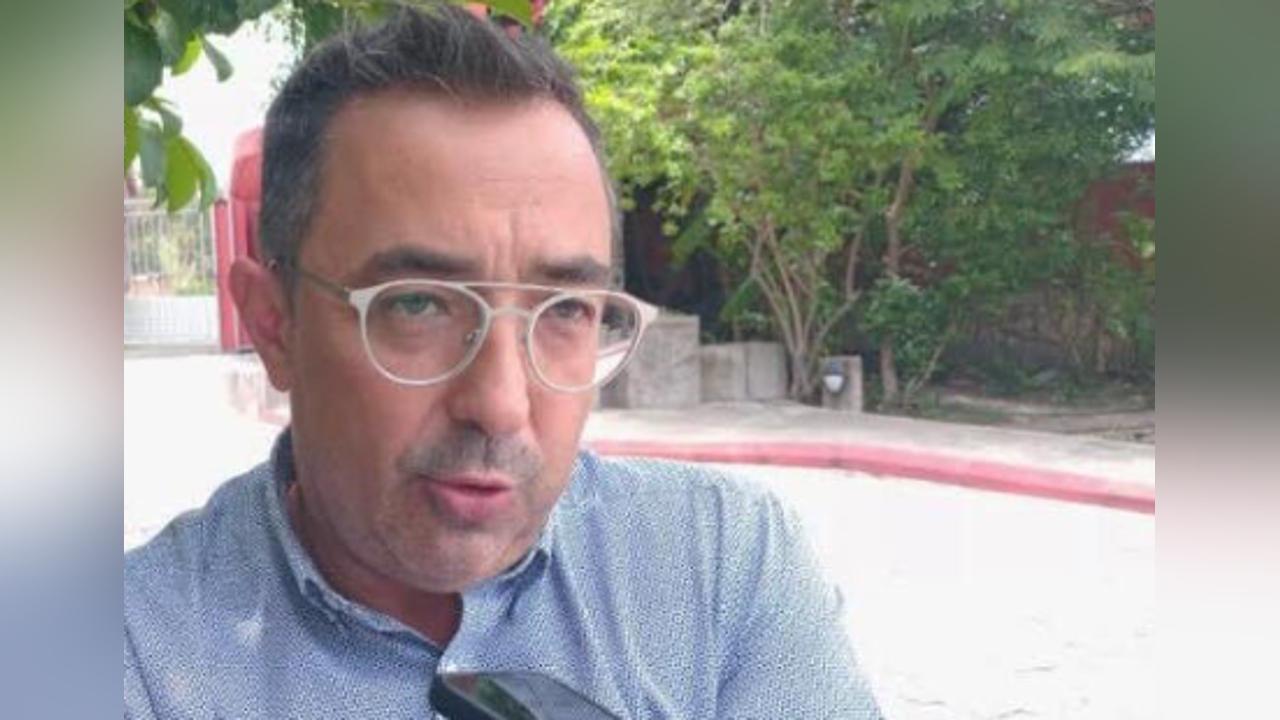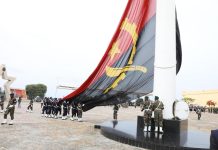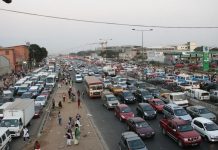Africa-Press – Angola. The pilot phase of the Project to Support Civil Society and Local Administration (PASCAL), funded by the European Union (EU), is to end on December 31st, with visible results in strengthening citizen participation in five provinces.
The project was launched in June 2021, with a budget of 5.8 million euros. It is a pilot cooperation project of the EU, implemented by the Foundation for the Internationalisation of Public Administration (FIAP) of Spain and the Central Project Management Agency (CPMA) of Lithuania, in partnership with the Angolan Ministry of Territorial Administration (MAT).
The project began in five pilot provinces, namely Malanje, Luanda, Huambo, Benguela and Huíla and Icolo e Bengo. This initiative aims to contribute to economic growth and social development through inclusive, heterogeneous, and effective participation of civil society in the governance process.
He director of PASCAL, Pablo López, highlighted the strengthening of the capacity of civil society organizations (CSOs) and the technical teams of municipal administrations in three fundamental pillars such as transparency, open governance, and participatory inclusion.
According to the Spanish manager, transparency and open governance are themes that, after the arrival of the municipalities in Angola, will lead to a change in the governance paradigm, more focused on citizen participation.
In assessing the implementation of the project after four years, Pablo López certainly evaluated its impact, as it achieved the main objective of building bridges between public administration and civil society.
Furthermore, he also marked an increase in the level of information and awareness of the Angolan population on relevant issues regarding citizenship, open governance, and decentralization.
“The seed has been sown, and now it is the responsibility of the government, civil society, and journalists to continue what has been done together”, highlighting the essential need for the continuation of this work with the involvement of all social actors.
The expert in Local Development also explained that PASCAL worked jointly in training public administration and civil society on Participatory Budgeting, implemented from 2021 by the Ministry of Territorial Administration (MAT), which, in his opinion, was successful.
He also indicated that the strengthening of spaces for popular participation meant that, in all municipalities, members of civil society organizations were included in the Community Consultation Councils (CACS) and residents’ committees, thus responding to local problems.
As highlighted, PASCAL has revitalized spaces within civil society that had become somewhat weakened in certain areas of intervention, such as the provincial youth conferences of CSOs.
According to him, the actions also extended to the most vulnerable and often voiceless communities, such as young people and women, whose inclusion changed the functioning of the Community Consultation Councils in the municipalities.
Among the visible results of the initiative, Pablo López also mentions the work done directly with the National Assembly (AN), through its fourth commission, responsible for the decentralization process.
He stressed, however, that the bridges created between civil society, parliamentarians, and the academic sector were so important that the studies developed also focused on some legislative reform, such as the new law being drafted with the Participatory Budget.
Pablo Lopez expressed that he is proud that the initiatives have allowed young people from civil society organizations to be heard, for the first time, by members of the National Assembly, to present the concerns of their locality.
Regarding the Participatory Budget, he highlighted the way PASCAL supported and worked together with the Ministry of Territorial Administration (MAT) and municipal administrations aiming to strengthen the Municipal Budget Management Technical Committees.
In his view, this initiative is innovative throughout the country as an example of transparency and citizen participation, since it is the citizens themselves who decide on the actions to be carried out within the Participatory Budget.
Specifically, Pablo Lopez celebrates the creation of a network of both women leaders in local governance in partnership with the MAT and citizen journalism, which, as observed, reaches where conventional journalism is unable to reach.
Moreover, to him, journalists have a fundamental role in being able to bring all the information across the country and leave no one behind, following the motto of the European Union.
EU support for civil society
Pablo Lopez also announced that PASCAL provided one million euros for civil society organizations to implement participatory and inclusive governance projects in the five provinces that observed interventions.
“Initially we worked in 25 municipalities in five provinces. With the Political and Administrative Division, we now have one more province that is Icolo e Bengo, which emerged in January and now we are working in 43 municipalities”, he explained.
Local authorities and citizen participation
When asked if the lack of local authorities would limit citizen participation, Pablo Lopez dismissed that possibility, but emphasized that participation does not have to be solely and exclusively from local authorities.
“Regardless of the lack of municipalities, there has to be participation, and our municipal administrators and government officials have to govern for and with the people”, he stated.
Based on the project’s success, the manager is considering its continuation and expansion to all 326 municipalities in the country, thus reinforcing and improving the competencies of local government bodies and civil society.
Pablo Lopez believes that PASCAL is only in the “first kilometers of a marathon,” stating that the municipalities covered by the project are stronger in relation to Participatory Budgeting and will serve as a model of good practices for other municipalities.
He thanked the Ministry of Territorial Administration for trusting in the support of the European Union, which through PASCAL, contributed to boosting participatory governance, particularly with local authorities in mind.
For More News And Analysis About Angola Follow Africa-Press






